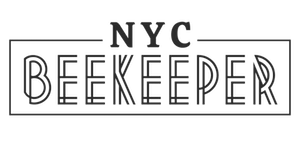This is the year that I become a citizen scientist and contribute to a project in beekeeping. If you’ve never heard the term Citizen Science, Wikipedia has a good definition…
“Citizen science (CS; also known as community science, crowd science, crowd-sourced science, civic science, volunteer monitoring, or online citizen science) is scientific research conducted, in whole or in part, by amateur (or nonprofessional) scientists. Citizen science is sometimes described as “public participation in scientific research,” participatory monitoring, and participatory action research whose outcomes are often advancements in scientific research, as well as an increase in the public’s understanding of science.” (source)
Over the last year as I’ve studied toward my Master Beekeeping Certificate, it’s become clear that part of the example I want to set as a beekeeping advocate and teacher is to be involved in the work that benefits honey bees and expands our understanding of what helps them and what hurts them. In our modern age where sharing information is so easy and access to technology is within the average person’s budget, there’s no reason why we can’t crowdsource research and build a more accurate picture of the world around us.
My 2020 Citizen Science Goals
1. Present a talk on Citizen Science
I chose the topic of “The Power of Citizen Science” for my Master Beekeeping Presentation later this summer. This gives me a great excuse to learn more and hopefully reach out to people already involved. While I will speak on the importance of this kind of research to several large bee-centric project, I will also fold in my effort at building a living NYC Beekeepers’ Calendar. Aside from the presentation to complete my certification, I hope I can bring my talk to some other groups locally.
2. Build the living NYC Beekeepers’ Calendar
Beekeeping is incredibly rewarding, but it can also be crushing when you get your timing wrong and make costly mistakes or worse… kill your bees. I wish there was a calendar to follow along with as a guide when I started, so that’s what I plan to build.
Instead of just listing out what I might do over the course of a season, this calendar will be based on average responses from local beekeepers’ survey responses and will be supplemented with electronic hive monitoring data. I call this a ‘living’ calendar because it will be updated annually as I collect more data. The calendar will only get more accurate over time.
3. Submit my hive data, along with collected data, to multiple projects
It doesn’t really make sense to collect data and then just sit on it. I will publically share the results of my project in the form of the NYC Beekeepers’ Calendar. I will also share the data I collect from my monitored hives online as well as with other projects, such as the Bee Informed Partnership’s annual survey.
With regard to data I collect from other beekeepers, I will leave it up to them to determine if they would like me to share their responses with other projects. Any responses that I do get permission to share will be shared anonymously.
Want to help?
The whole point of Citizen Science is collaboration. I’d love to find others willing to help in any way. Whether you are an individual, business, or organization and you want to help, drop a comment below or send me an email at nick@nycbeekeeper.com. Let’s get the conversation going!


